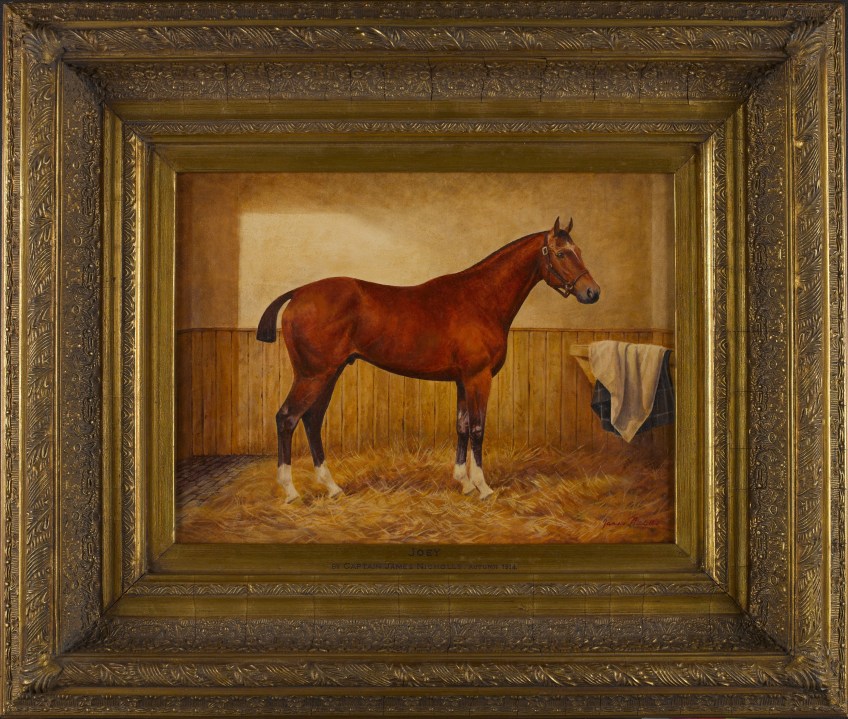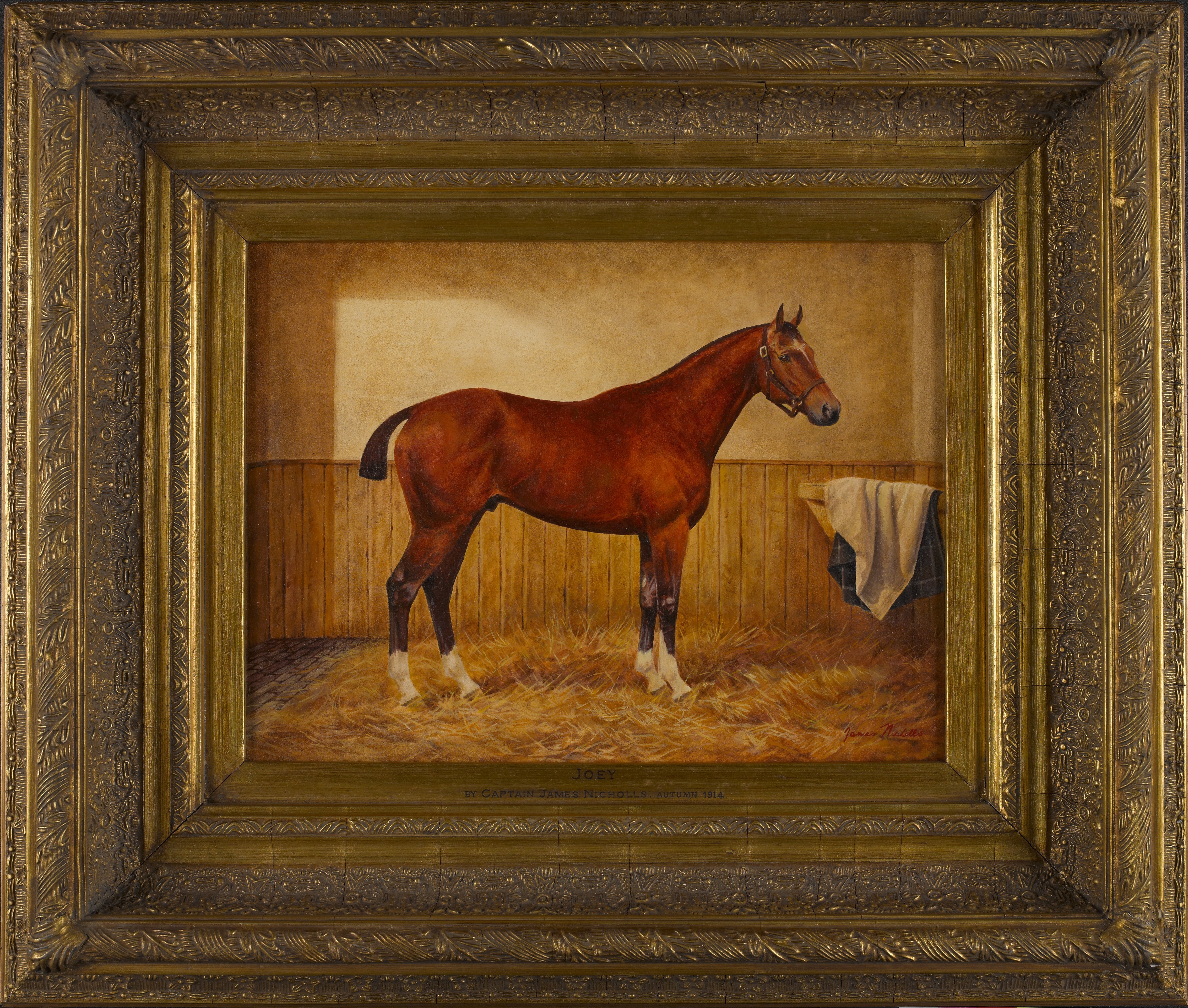Michael Morpurgo became a story-teller when teaching London primary school children in his late twenties. “There were 35 children in the class. I found that using a book [to teach] came between them and me.” He felt he needed to speak to them directly, with tales that grew from the “common ground” of experience between teacher and pupils. This, Morpurgo says, is why he writes as he does.
We meet at the National Army Museum for the launch of an exhibition timed to coincide with the release of Steven Spielberg’s adaptation of Morpurgo’s War Horse in the New Year.
The exhibition is titled ‘War Horse: Fact & Fiction’ and the tension between fact and fiction interests Morpurgo as a novelist. Fellow children’s writer Maurice Sendak, author of Where the Wild Things Are, recently said that he would “never lie to children”. I ask Morpurgo if he agrees with Sendak. “It depends what you mean by lie,” he says. “All children lie, they’re great story tellers”. The word has a legacy from childhood: of tall tales, half-truths and indignant denials. But white lies seem to come closest to defining the mission of Morpurgo the writer and Morpurgo the teacher. Both vocations serve a didactic purpose, he says. Writers and teachers have to spin yarns that are real and captivating, while working an edifying thread into the cloth. “What you mustn’t do is kid kids,” he says and concedes that this is why fantasy has never grabbed him as a genre. He adds that he noticed, when teaching, that some children “just didn’t relate to it”.
Morpurgo’s novels are often accused of being so realistic as to be depressing, which brings us to War Horse — the story of the survival of a magnificent stallion and its adoring owner through the first world war. If my memory of reading it when a schoolboy is not now concocting a fiction of its own, Morpurgo depicts the horrors of the western front without compromise, which both enthralled and unnerved me.
Away from my recollections, Morpurgo admits to a deep fascination with the war, dating back to the contact he had with those who lived through it. That interest was his primary inspiration, but the canon of Great War Literature was also crucial — albeit subliminally, as if it had permeated his mind by chance. I ask for specific authors and Morpurgo names Edward Thomas — a surprising choice ahead of the luminaries Owen, Sassoon and Graves. Morpurgo’s reasoning might be self-revelatory. He says that Thomas found his voice as a poet in the trenches, overcoming a lifetime of depression and restless work as a prolific if unsatisfied book reviewer. Thomas’ pastoralism might also be an attraction for Morpurgo, whose evocations of the natural world in print are engendered by a living passion: in 1975, he and his wife founded the charity Farms for City Children, which now has branches in Devon, Wales and Gloucestershire.
There is, it seems to me, a link between Thomas’ self-discovery in war and Morpurgo’s self-discovery in teaching. I ask him again about those days in inner city London, though in truth he is ahead of me, wanting to say more of them.
“At the end of The History Boys, the teacher, Hector, says ‘pass it on, pass it on’. Only Alan Bennett could’ve put it so simply.”
The point of knowledge and narratives, Morpurgo thinks, is to bequeath them. He cuts an unlikely figure as a patriot, but he argues that stories are an intrinsic part of our shared national history. The underlying truths about man and nature in War Horse are just as important in historical terms as those expressed in Beowulf and Sir Gawain and the Green Knight, which Morpurgo has adapted for modern audiences. He’s much too modest to talk of these works; instead, he embellishes his point by refering to Jez Butterworth’s play, Jerusalem. The central character, Johnny ‘Rooster’ Byron, is the rebel in the woods, a latter-day Robin Hood if you like, whose anarchism is reminiscent of William Blake. “You see,” Morpurgo says, “if you love these stories then you have to pass them on” so that the child of the present is not divorced from the child in the past. That strikes me as an observation entreating an obligation.
Morpurgo’s closing notes on fact and fiction, for me at any rate, came after our conversation had ended. He found me walking around the exhibition to explain that War Horse begins with a brief description of an unassuming oil painting of a horse, hanging in the Village Hall in Iddesleigh in Devon, where Morpurgo and his wife live. Ever since the stage play brought the book to prominence, people have travelled to Iddesleigh to see the painting only to find that it doesn’t exist. So, Morpurgo commissioned Alli Bannister to paint the horse as he described it in the book and it will hang in Iddesleigh Village Hall. Bannister’s picture is below. This episode lasted only a few moments, but it revealed so much about the man. Mopurgo is gentle consideration itself, the embodiment of quiet dutifulness.








Comments